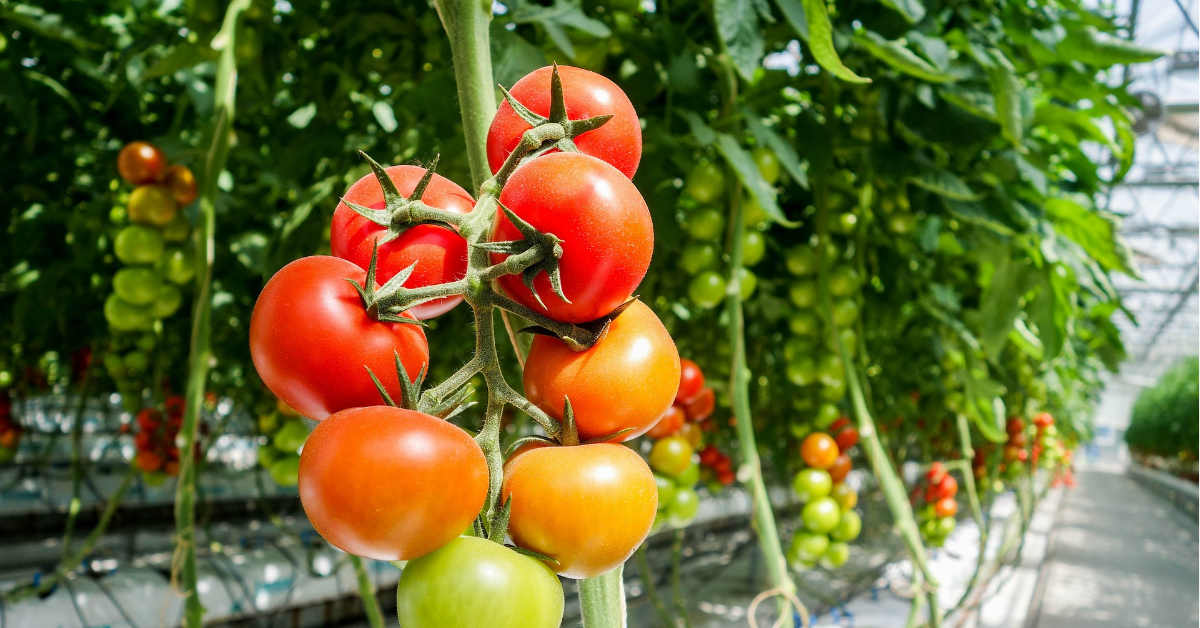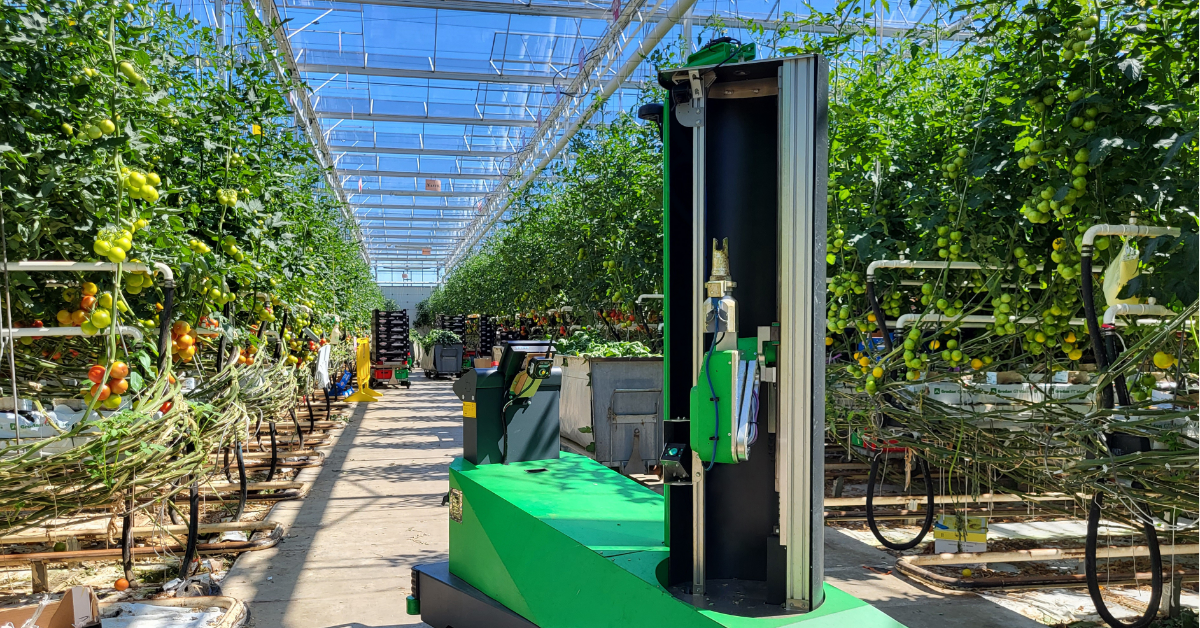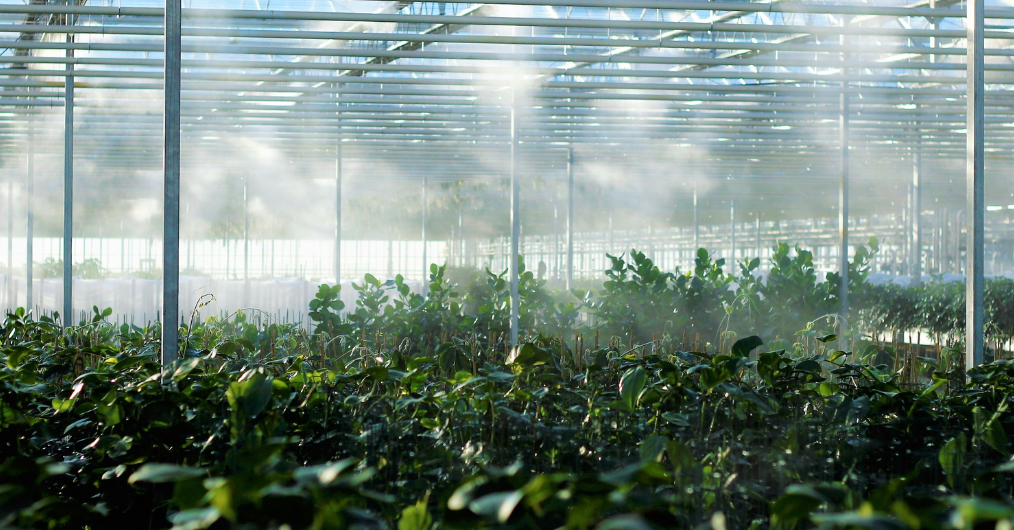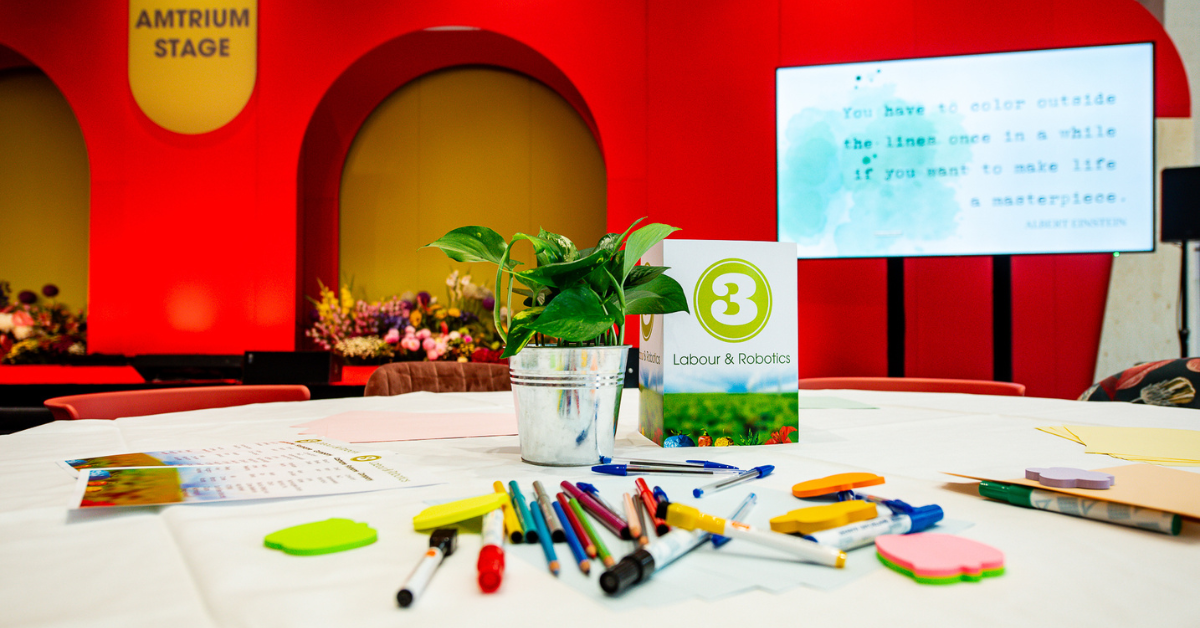Family-run soft fruit businesses well positioned to meet demands
Listen to the audio version of this article »
Consumption of popular berry products set to increase this decade
According to the World Health Organisation (WHO), worldwide obesity has nearly tripled since 1975. To help tackle this crisis, WHO is advising consumers to increase their intake of fruits and vegetables as part of a healthier, calorie-reduced diet. This is arguably a confidence-booster for European soft fruit businesses – many of which are family-run firms that have grown soft fruit products for generations.
With soft fruits’ exceptional taste, eye-catching colours and, of course, myriad health benefits in mind, consumption of key berry categories (including strawberries, raspberries, blueberries and blackberries) is expected to increase this decade.

Angus Soft Fruits Europe (based in Ridderkerk, The Netherlands) is a family-run soft fruit grower, breeder, packer and importer. Its commercial director Ronald van Vossen confirms: “The product is receiving more specialised treatment by retail and consumers so taste, availability and quality will increase, which shall result in increased consumption.”
Van Vossen notes that Angus Soft Fruits – whose origins date back to 1964 when its founder Lochy Porter’s father, Will, planted his first strawberry plot – will be well positioned to meet this high demand.
“Angus Soft Fruits is known as The Berry Specialists and has always been a family-owned business with good control straight from our own growers. Given the natural short shelf life of berries and high value of the produce it is imperative to control as many aspects of the chain.”
Family businesses offer greater resilience in tougher times
Tim Chambers, managing director and third generation grower of Chambers – the largest independent cane fruit growers in the UK – notes that being part of family-owned soft fruit business has many other benefits. “Family business are flexible and have greater resilience in tough times.” He notes, for example, that family members often work for far less remuneration than employed managers. Moreover, staff can – he says – often be more loyal to family businesses and, without shareholders to look after, family businesses can confidently make long-term investments.
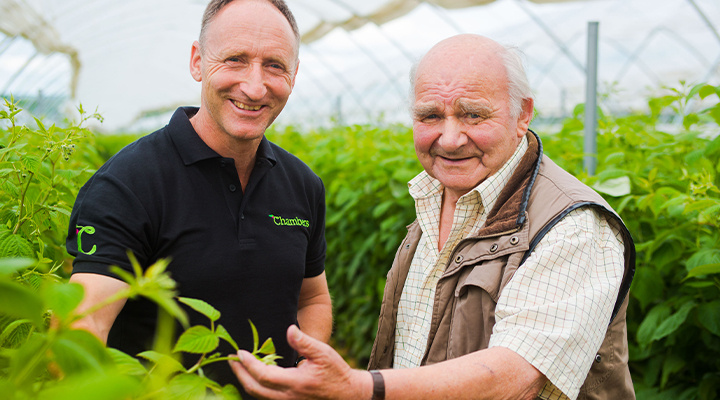
Last year (2019), for example, Chambers opened its £2 million prepared fruit facility, The Fruitery, to become the only specialist fruit grower in the UK to have invested in such a provision.
Increased competition could threaten smaller soft fruit suppliers
Despite the expected increase in consumption of, and demand for, this popular product, Chambers and van Vossen warn that the soft fruit industry could face some serious challenges this decade. Chambers explains that some of the growth in this sector will come from increased competition – which could result in fewer remaining suppliers. “As grower numbers decline and they [soft fruit companies] get bigger, [some smaller] family businesses will be at a disadvantage. This revolves around their limited access to capital and the market. Smaller family business’s will also find it hard to get direct access to customers.”
Chambers adds that this increased competition could drive margins lower and reduce family soft fruit businesses’ ability to invest in necessary areas, such as ensuring that their farms are environmentally resilient and use water efficiently.
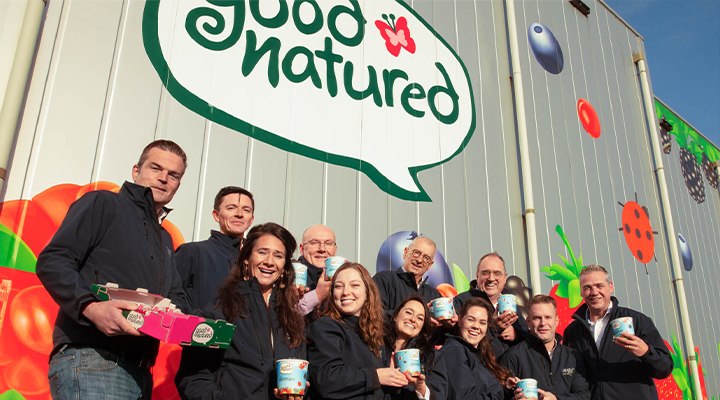
Availability of seasonal labour remains key concern for soft fruit growers
Chambers notes that other worries for the sector include the shrinking number of available pesticides. “The list of approved products is declining quicker than we can find solutions to disease and insect pests. Crop failures are now almost a certainty.”
Furthermore, both growers are concerned about seasonal workers – of which there is a global shortage. Van Vossen notes: “The availability of labour will be a challenge because this is becoming increasingly challenging in The Netherlands.” Chambers, who primarily grows cane fruit, is unsure that developments in robotics will be able to solve this problem. “Robotics are unlikely to be developed to an accessible/economic level in raspberries and blackberries.”
Certainly, the 2020s may bring many challenges to this sector but, with their heightened resilience, family soft fruit businesses will hopefully continue to thrive and bring their popular berry products to consumers.
Share your horticulture technology stories with us
Do you have an innovation, research results or an other interesting topic you would like to share with the international horticulture technology industry? The GreenTech website and social media channels are a great platform to showcase your stories!
Please contact our Brand Marketing Manager Murkje Koopmans.
Are you an GreenTech exhibitor?
Make sure you add your latest press releases to your Company Profile in the Exhibitor Portal for free exposure.
Have exclusive horticulture technology news delivered to your inbox
The GreenTech monthly newsletter brings you the latest exclusive horticulture technology news and updates about our global horticulture technology trade shows and events.
Join over 32,000 of your peers and receive:
☑ Exclusive commentary from industry leaders
☑ The latest news from the GreenTech team
☑ Stay up to date with all the latest news about our events
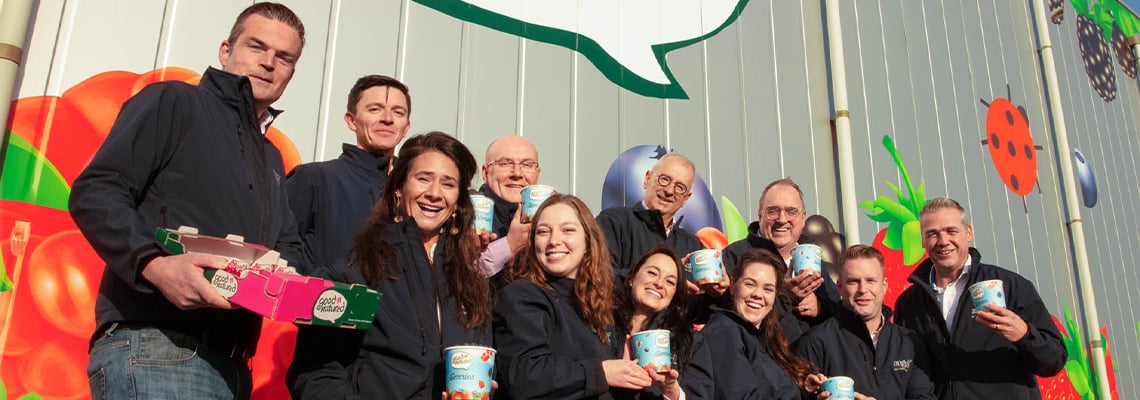

.png?h=628&iar=0&w=1200)
.png?h=628&iar=0&w=1200)

